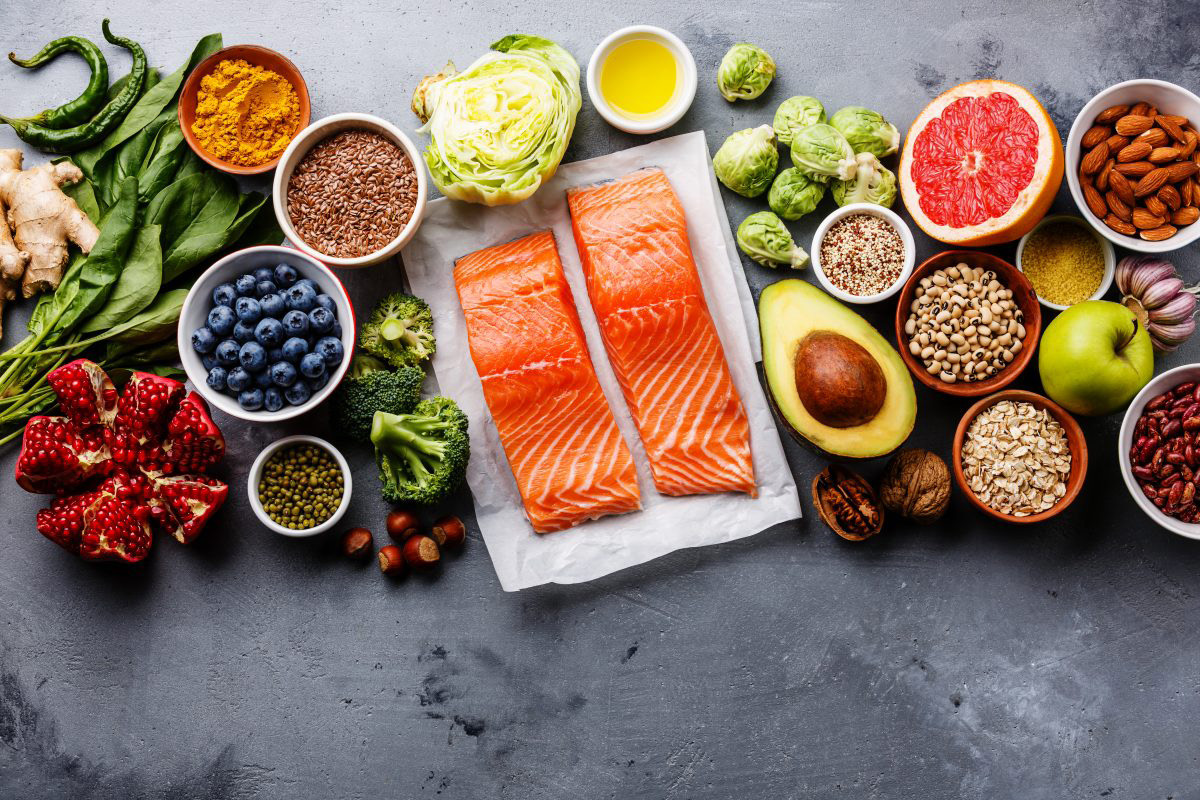Across Barbados, children who require healthy nutrition are being confronted with more access to over-consumption of unhealthy food and beverages, which in turn is detrimental to their bodies, which leads to obesity, overweight and noncommunicable diseases (NCDs). Our country has a massive problem.
As such, our children and youth need responsible government leadership to set policies to reverse this trend. However, the policies must be fully implemented to ensure these generations understand the importance of eating healthy, and the trajectory needed. I can say that Barbados is definitely on the right track with the launch of the school nutrition policy in April 2023.
However, we are at the implementation and enforcement of that policy, and we have to make healthy food affordable for everyone!
I have been involved with the Barbados Rugby Football Union (BRFU) for over 15 years, and I have had the honour of serving as the secretary and as the manager of the Boys Under- 19 team for several years. This last position helped me establish strong ties with my “Rugby Boyz” and even though they are all adults now, some with families of their own, I still maintain connections with them. Today, I speak on my behalf, not that of the BRFU.
That said, I want to see more young people taking part in sports and healthy physical activity. Today’s youth spend way too much time on their devices and not nearly enough time running around and playing outside the way my peers and I did.
I find it truly terrifying that close to 33 per cent of Bajan youth are overweight or obese, according to our medical experts. This opens the door to a truly terrifying deluge of NCDs and the life-threatening consequences attached to them. However, we must also face the reality that healthy food is extremely costly in Barbados.
As a sports administrator, I recognise the importance of health and how it contributes to athletic performance. But as a mother, I know that buying healthy food was always expensive, but it has now reached astronomical prices, certainly out of the reach of most Barbadians who are struggling to make ends meet.
One of the key facts of living in Barbados is that our country imports most of the food we consume. While we have an agriculture sector, unfortunately, this industry has for years been confronting several major challenges, including praedial larceny, high material costs, drought and scarcity of water resources, and lack of investment. Therefore, the only real solution lies in importing food on a large scale.
A few weeks ago, I read a newspaper article that examined a local mapping study of Taxes on Healthy Food conducted by professor of economics, Winston Moore from the University of the West Indies. The study showed that imported foods which are high in sugar, sodium and fats were taxed at 35 per cent, but healthier foods were taxed 10 per cent more. This needs immediate correction to enable Barbadians to eat healthier. This would be a key factor in making healthier food more affordable and accessible, especially for our NCD population, our children and youth.
Another key challenge we are facing regarding the health of our children, in my opinion is that there are way too many unhealthy “foods” being aggressively marketed to our youth, and sadly, parents and caregivers may not even recognise this dangerous practice. Marketing to children in schools of ultraprocessed food via branded stationery and merchandise, school activities like sports, and other activities, creates what is called brand loyalty, in a very young and vulnerable target audience.This can lead to a misplaced commitment to the products being sold, with the use of coupons, rebates, bonus packs, and gift certificates. Given that a lot of the food being sold is ultra-processed, it is very dangerous for our children to be so committed to these brands.
To safeguard our children’s health, and therefore the future of our society, we must make healthy foods affordable and accessible for everyone. The creation of a school nutrition policy was a crucial step in the right direction, but like any policy, rule or law, it is utterly useless without implementation and enforcement.
While convenience may come with the food and beverage industry in saving time, it does not provide healthy food. Healthy food is not their priority – their profits are what matters to them and their shareholders. In contrast, the immediate priority for Barbadians is the cost of living, and in large measure, food is the chief element.
The time has come for government entities to seriously examine and reconfigure what is needed at the ports of entry to ensure that parents, students, Bajans with NCDs, and all of us can afford to eat healthily. Failing that, a time will soon come when the cost of care for those with NCDs will surpass US$736 million annually. The private sector also has some responsibility regarding price, they too must look at their costing and consider if their staff are also being affected by our NCD crisis. In contrast to imported ultra-processed items, Caribbean food offers a wonderful variety of healthy, delicious, and flavourful options for us to enjoy and share with our children.
Let us therefore invest in our future – our children – while saving millions of dollars annually by reducing tariffs on healthy food and raising them on imported ultra-processed items!
Prevention has always been better than cure, and we must step up and make this happen NOW!
Kathie Daniel is the CEO and Lead Designer of Southpaw Grafix Inc. She is also the public relations officer for the Barbados Rugby Football Union, and an energetic “Rugby A”.




